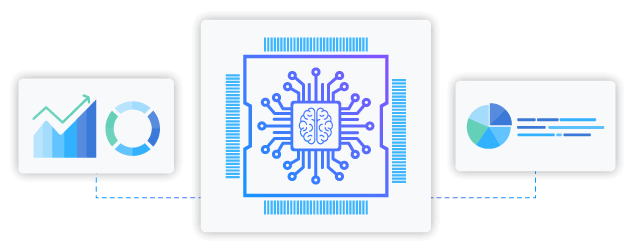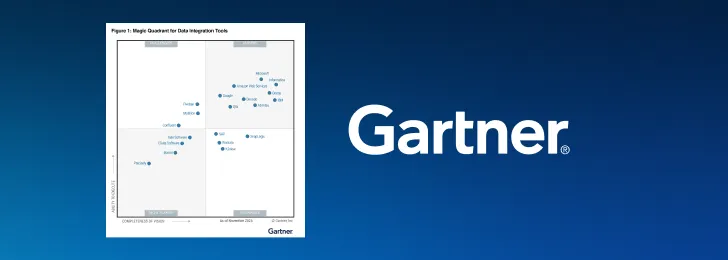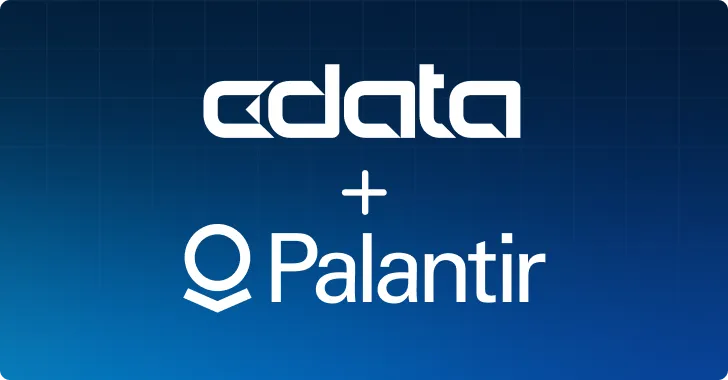
Artificial intelligence (AI) is transforming how we conduct business, and with natural language processing (NLP) applications like ChatGPT rising in popularity with direct consumers and enterprises alike, the conversation around how AI technology will be leveraged in the future is rapidly evolving.
AI has become a cornerstone for many organizations to stay competitive by improving processes, accelerating innovation, increasing productivity, and ensuring customer engagement. And behind every effective algorithm and machine learning (ML) model lies a successful data strategy.
Successful AI efforts need a comprehensive data strategy
According to a Harvard Business Review pulse survey, nine out of 10 respondents said their organizations were working with AI/ML models in some capacity, but 61% do not yet have a data strategy to support their plans. Massive computing power and impressive algorithms do not automatically indicate success. A critical first step is ensuring that your organization is prepared to make the most of its AI efforts.
A large percentage of survey respondents also said that data integration challenges are one of the top three major hurdles in scaling the use of AI in their organization. Why? Siloed, poorly integrated data. AI initiatives can run into problems if an organization's data can't be accessed when needed. Let’s say that if your data is the “fuel,” your data strategy determines whether your “vehicle” (AI technologies) will run at peak performance, or need regular repairs and patches just to keep it operating.
Bottom line: AI initiatives are all about the data—and how it’s gathered, integrated, and used.
Evaluate and integrate
One of the first steps to successful AI adoption is understanding what you want to accomplish with the technology. Defining the intended purpose of your AI plans can help lay the foundation of your data strategy to align your business goals.
Map out your data ecosystem—including any plans to expand it. Are there gaps or duplications in the data? Is it accurate? How is it integrated across your stack? Is there enough data to implement an effective AI plan? Find out what data you have that supports your efforts, what data doesn’t support them, and what additional data you need.
Data integration is a critical part of your data strategy as you implement your AI plan. Once your ecosystem is mapped out, decide how the data will be integrated. Most organizations rely on cloud services to store their data, but it’s often dispersed across applications in the cloud and on-premises. Data virtualization for the cloud helps to bring cloud data together to remove the manual process of ETL (extract, transform, load) in traditional data integration. Data virtualization designed for the cloud helps ensure that data is accessed in real time — an essential element of effective AI.
Data governance + privacy + security + ethics = AI trust
According to Snowflake’s 2023 data trends report, data governance is more important than ever as AI-centered business processes become the norm.
Organizations and institutions have the formidable responsibility of ensuring the data collected and used for AI initiatives meets government regulations, security requirements, and privacy laws. Further, responsible AI includes applying ethical standards to ensure that bias is minimized—an even more daunting task, as it requires constant evaluation.
While awareness and understanding of AI are increasing, establishing trust is a central part of acceptance. Employing trustworthy data leads to trustworthy AI.
It’s all about the data. CData can help.
An organization can gather data for decades, and unless it’s purposeful, properly maintained, audited, and accessible for the purposes of AI and other defined business operations, it’s just taking up space.
CData can help make sense of the data you have by providing robust data connectivity across your stack and making it easily accessible for AI initiatives. Set your data strategy up for success with a free trial today.
Join our community to learn from experienced CData users, gain insights, and get the latest updates.





